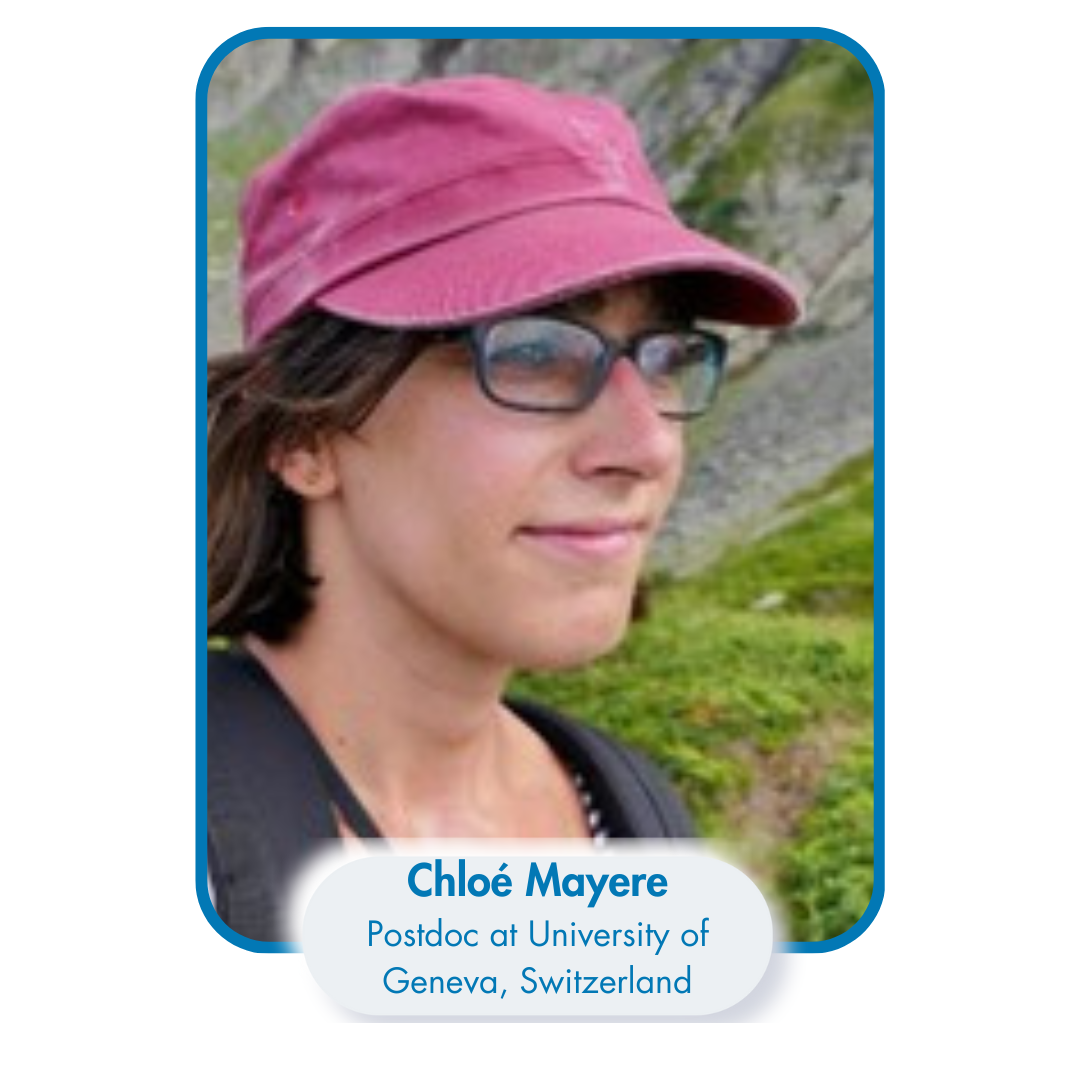We are proud to present Dr. Chloé Mayere from the University of Geneva as a faculty member and trainer of the first NYRA-EAA-Andronet School in Omics of male germ cells. Her expertise includes Single cell sequencing, sex differentiation and spermatogenesis. Her research focus lies on investigating gonadal sex differentiation by single cell transcriptomics in mice and human.
1. What was your first experience with Omics? Were you prepared for it or did you learn on the go?
My first omic experience was 10 years ago. It was microarray data I had to analyze for an internship before I decided to focus on bioinformatic and developmental biology. It was quite an awful subject because it was about looking for a transcriptomic signature of hemorrhagic stroke in monkeys. Looking back…no, I wasn’t prepared enough at all and I really missed many skills in data analysis and math.
2. Can you name one situation when omics made a significant impact on your research?
My PhD!!! I worked on a single cell atlas of mouse gonadal sex determination with around 100k cells, and it was magic because I could basically see all events and cell populations that were described in the textbooks…and more! For me, there is still a lot of information to extract even from this dataset that we published two years ago.
3. What challenges do you commonly face when interpreting omics data in the context of andrology?
I am more in the field of sex determination, so I think that the challenges I face are not completely related to andrology even though germ cells are special and can be very tricky to analyze. The biggest challenge for me is to extract meaningful information that really relates to biology. The second challenge is to remain objective and to avoid interpreting data too much! Depending on the type of data, there are many traps to be avoided.
4. What omics tools do you consider essential for the future of male reproductive biology research?
I have no specific answer to this question, as it depends on the field in andrology and biological questions. But the advances in the creation of foundational models (Like Large Language Models with transformers for chat GPT) to link omics modalities, understand, model and predict biology is really exciting.
5. What advice would you give to young scientists facing omics for the first time?
Do not underestimate the time needed to analyze and interpret the data. Acquiring data is a few days of hard and dedicated work but interpreting it can literally take ages. It is important to define if the approach is explorative or for hypothesis testing.
6. To whom would you recommend attending our school in February?
Students or postdoctoral researchers who plan to use omics in their research for hypothesis testing. I would never recommend anyone to go for an explorative project if they are not at ease with bioinformatics and scripting

